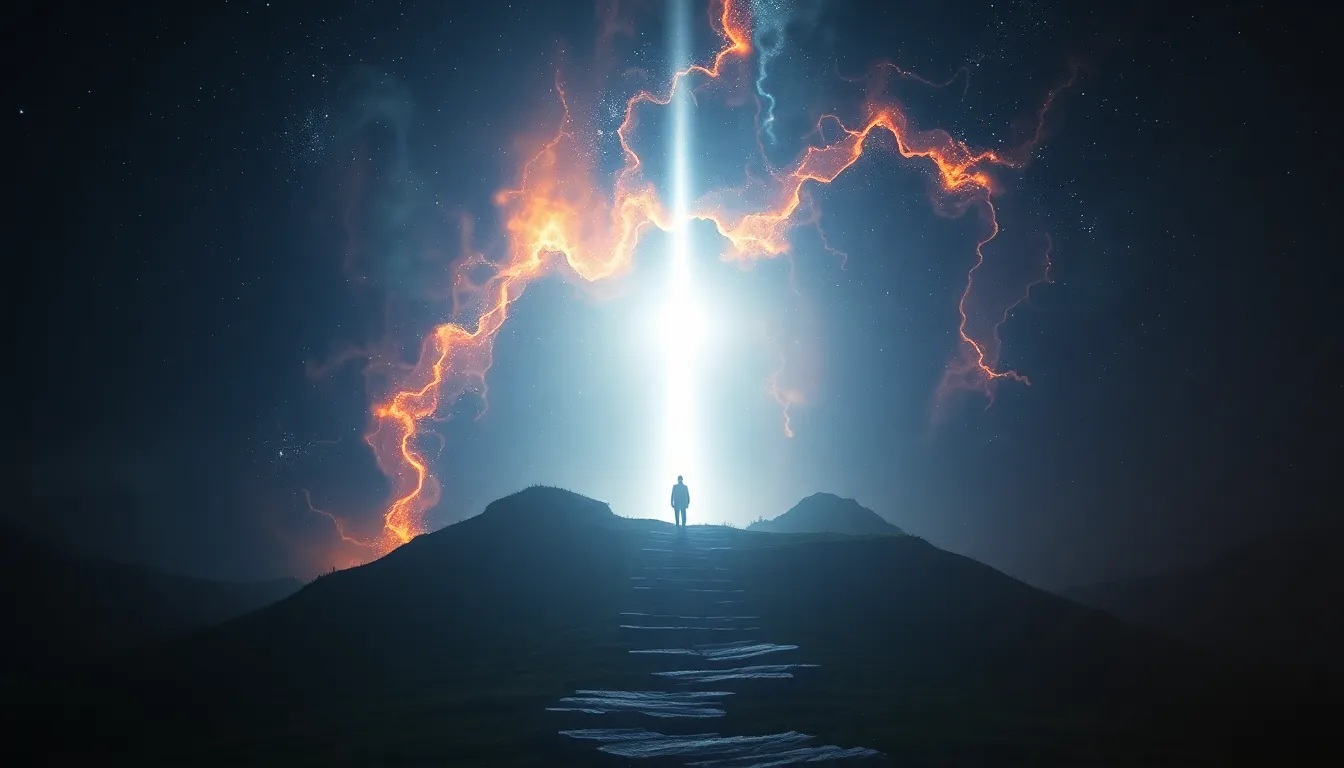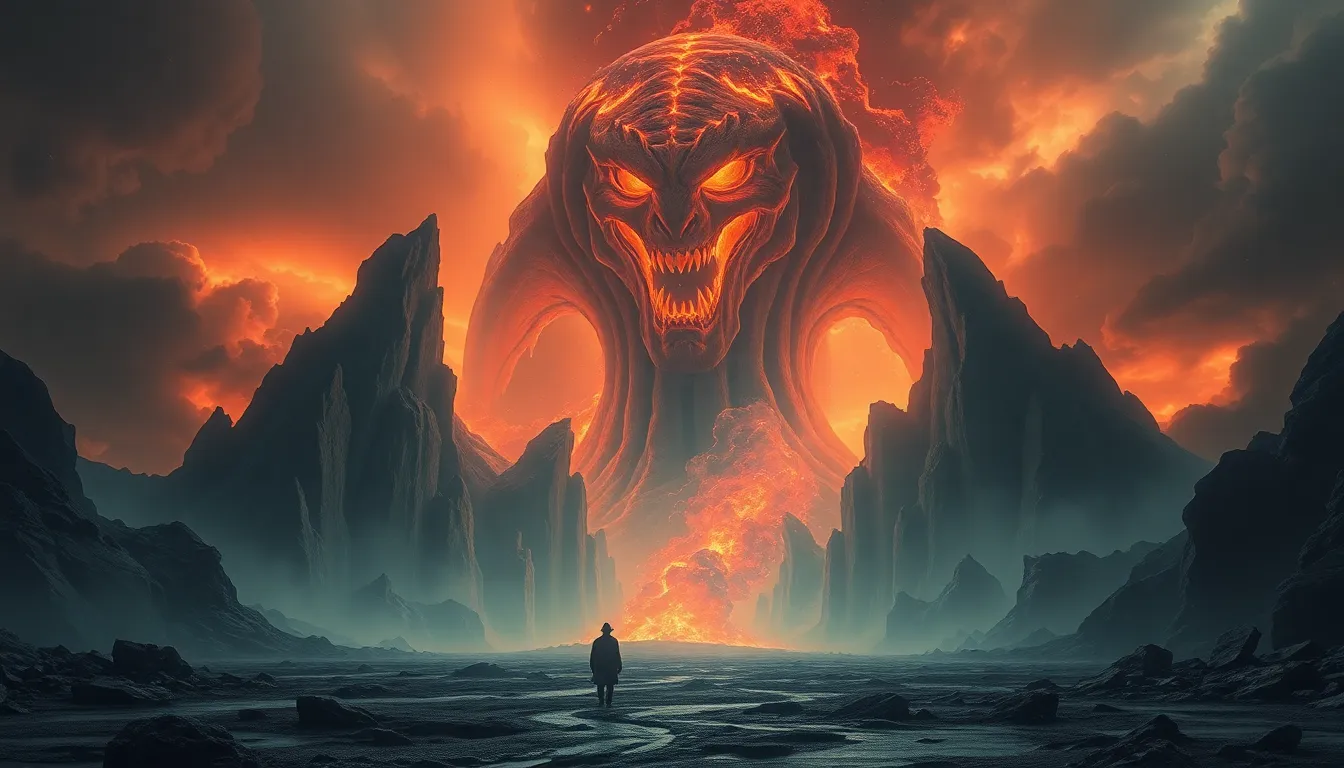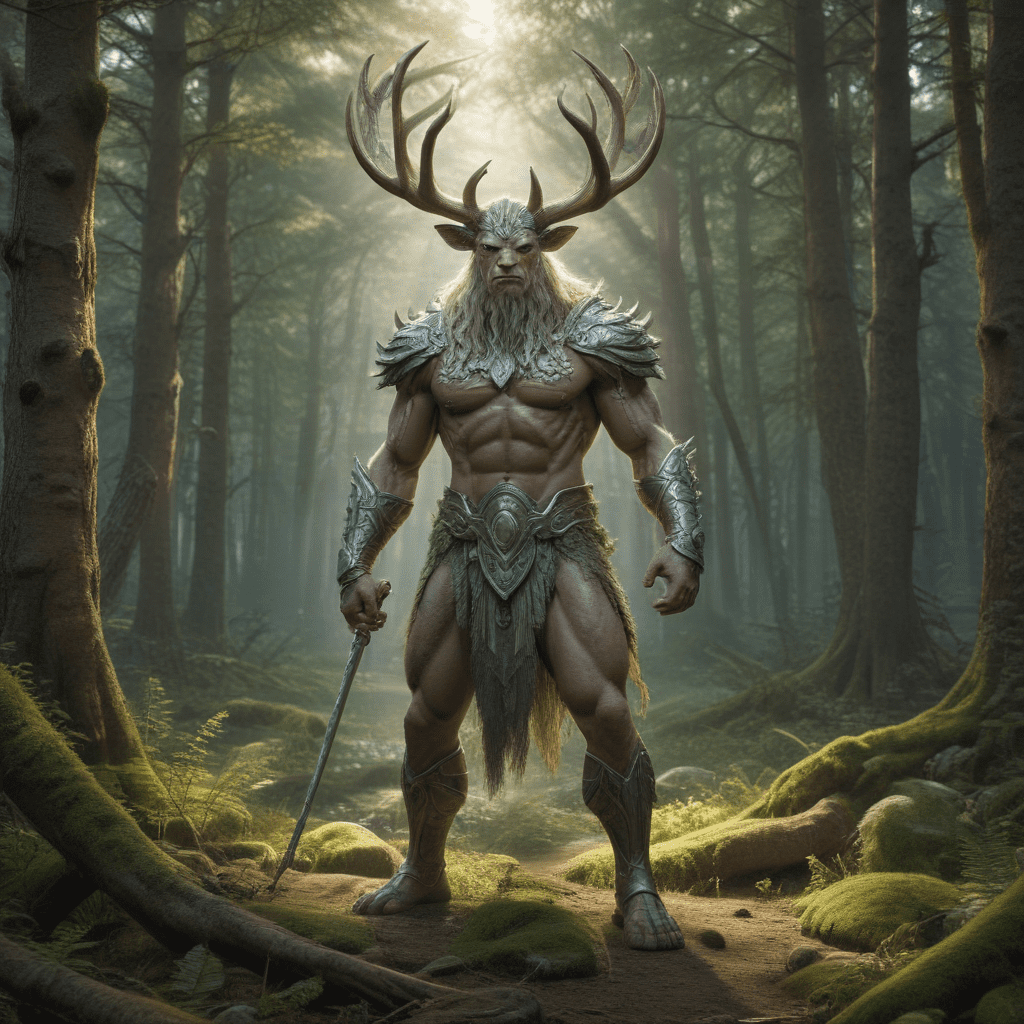The First Light: How Creation Myths Illuminate Our Path
I. Introduction
Creation myths are foundational narratives that explain the origins of the world, humanity, and the universe. These stories serve not only as explanations for the unexplainable but also as cultural cornerstones that shape the identity and values of societies. In various cultures, creation myths play a crucial role in defining the worldview of a community, providing moral guidance, and fostering a sense of belonging. They illuminate our understanding of existence, purpose, and the relationship between humanity and the cosmos.
II. The Role of Creation Myths in Cultural Identity
Creation myths are deeply intertwined with national and ethnic identities. They offer a shared history that binds people together, providing a sense of continuity and belonging.
- Connection between myths and national or ethnic identity: Many cultures use their creation myths to establish a narrative of origin that underpins their national identity. For example, the Māori of New Zealand have the story of Ranginui and Papatūānuku, which informs their connection to the land and their ancestors.
- The impact of storytelling on community cohesion: Myths are often shared in communal settings, reinforcing social bonds and values. They serve as a collective memory that helps maintain cultural traditions and practices.
- Examples of prominent creation myths: From the Biblical Genesis in Judeo-Christian traditions to the Enuma Elish in Babylonian culture, these stories reflect the diverse ways societies understand their origins and purpose.
III. The Psychological Significance of Creation Myths
Creation myths resonate on a psychological level, tapping into universal archetypes and the collective unconscious as proposed by Carl Jung.
- Archetypes and collective unconscious: These myths often embody archetypal themes such as the hero’s journey, the battle between good and evil, and the quest for knowledge, which are integral to human psychology.
- Myths as a means of understanding human existence: They provide frameworks for individuals to explore their purpose and place in the universe, offering insights into human nature and societal roles.
- Influence on personal and societal values: Creation myths often impart moral lessons and ethical guidelines that shape both individual behavior and societal norms.
IV. Comparative Analysis of Creation Myths
While creation myths vary widely across cultures, they often share common themes and structures.
- Similarities and differences: For instance, the Genesis account of creation emphasizes a singular God, while the Enuma Elish presents a pantheon of gods involved in the creation process. Hindu texts like the Rigveda offer yet another perspective, focusing on cosmic cycles.
- Common themes: Many myths explore concepts of chaos and order, the divine nature of creation, and the relationship between humanity and the cosmos.
- Role of nature and the cosmos: Creation myths often depict the natural world as a reflection of divine intention, illustrating humanity’s connection to nature.
V. Creation Myths and Scientific Perspectives
The intersection of creation myths and scientific explanations presents a rich area of exploration.
- Intersection with scientific explanations: While science seeks to explain the mechanics of the universe, myths provide meaning and context to human existence. For example, the Big Bang theory offers a scientific account of the universe’s origin, while creation myths provide a narrative that addresses the ‘why’ of existence.
- Mythology and early scientific thought: Many early scientists were influenced by the metaphysical ideas in myths, viewing them as a way to grapple with the mysteries of nature.
- Modern interpretations: Today, many find a way to reconcile myths with scientific understanding, suggesting that both can coexist and enrich human experience.
VI. The Influence of Creation Myths on Art and Literature
Creation myths have significantly influenced various forms of artistic expression and literature throughout history.
- Depictions in visual arts: Artists have drawn inspiration from creation stories, illustrating themes of birth, transformation, and the divine in their works.
- Literary interpretations: Many authors have adapted creation myths into modern literature, reinterpreting ancient narratives for contemporary audiences.
- Ongoing relevance: The themes found in creation myths continue to resonate in storytelling today, reflecting the timeless quest for understanding and meaning.
VII. Creation Myths and Moral Lessons
Embedded within creation narratives are ethical teachings that guide human behavior.
- Ethical teachings: Many myths contain moral lessons about respect for nature, community, and the consequences of human actions.
- Myths as frameworks for good and evil: Creation stories often set the stage for understanding moral dilemmas, exploring the nature of good and evil.
- Role in moral education: These narratives can serve as powerful tools for instilling values in individuals and communities.
VIII. The Evolution of Creation Myths Over Time
Creation myths are not static; they evolve in response to changing societal values and beliefs.
- Adaptation to societal changes: As cultures change, so too do their myths, incorporating new values and perspectives.
- Impact of globalization: The spread of ideas across cultures has led to the blending and reinterpreting of local creation stories.
- Resurgence of interest: There is a growing appreciation for indigenous creation myths, highlighting their relevance and importance in today’s world.
IX. Personal Reflections: Finding Guidance in Creation Myths
Individuals can find personal meaning in creation stories, drawing lessons that resonate with their own lives.
- Personal meaning: Many people relate to the themes of struggle, triumph, and the search for identity found in these myths.
- Practical applications: The wisdom contained in creation myths can inform daily decisions, relationships, and one’s understanding of self.
- Relevance in contemporary issues: Creation myths can provide insights into modern challenges, offering perspectives on community, environmental stewardship, and ethical living.
X. Conclusion
Creation myths remain vital narratives that shape our understanding of the world. They offer insights into cultural identity, psychological frameworks, moral teachings, and artistic expressions. As we navigate the complexities of modern life, these ancient stories continue to illuminate our paths, reminding us of our shared humanity and the mysteries of existence. By exploring and reflecting on these myths, we can find guidance and meaning in our lives today.



